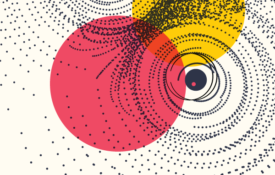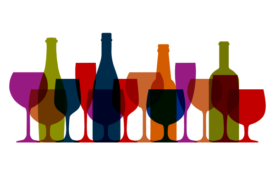-

New Content From Current Directions in Psychological Science
A sample of articles on the risk for alcohol use disorder, language comprehension in children with autism, varied skills, primate vocal communication, the importance of the context for child development, and the role of robots in understanding the human mind.
-

Research Briefs
-

New Research in Psychological Science
A sample of research on how people think that others are more likely to be “bad” than themselves, intuitive physical reasoning, effects of COVID-19 on relationship satisfaction, recreational fear, alcohol experiences, visuospatial attention, and age advantages in emotional experience during COVID-19.
-

NIAAA Encourages Research on Alcohol’s Effect on Aging
The National Institute on Alcohol Abuse and Alcoholism (NIAAA) has issued a Notice of Special Interest inviting grant applications proposing to research the life and health span effects of alcohol in the context of level of consumption, consumption pattern, and duration of consumption.
-
NIAAA Notes Interest in Behavioral Treatments for Alcohol Use Disorder
Clinical psychological scientists and others should know about a new notice from the National Institute on Alcohol Abuse and Alcoholism (NIAAA) to the research community emphasizing NIAAA’s continuing interest in supporting research on behavioral treatments for alcohol use disorder.
-
Should You Quit Drinking for Dry January? Here’s What Experts Say
Resolutions go hand in hand with the start of a new year. And Dry January, the annual initiative to stop drinking alcohol for the first month, is one of the more popular New Year’s challenges

